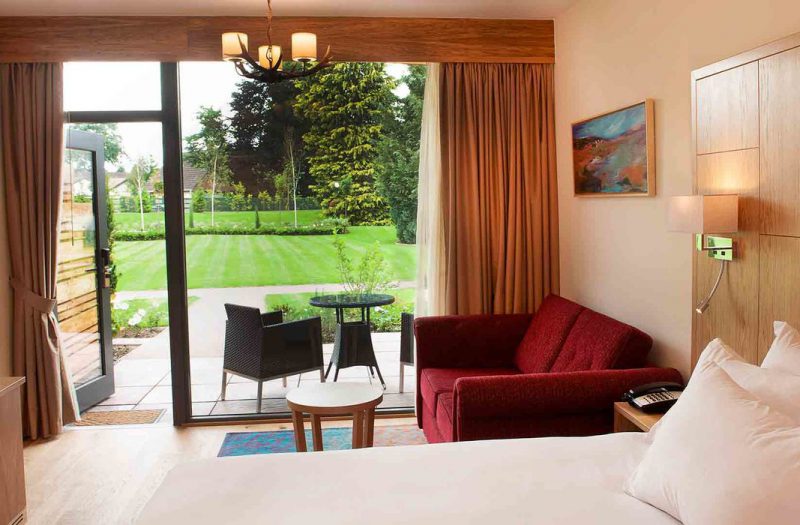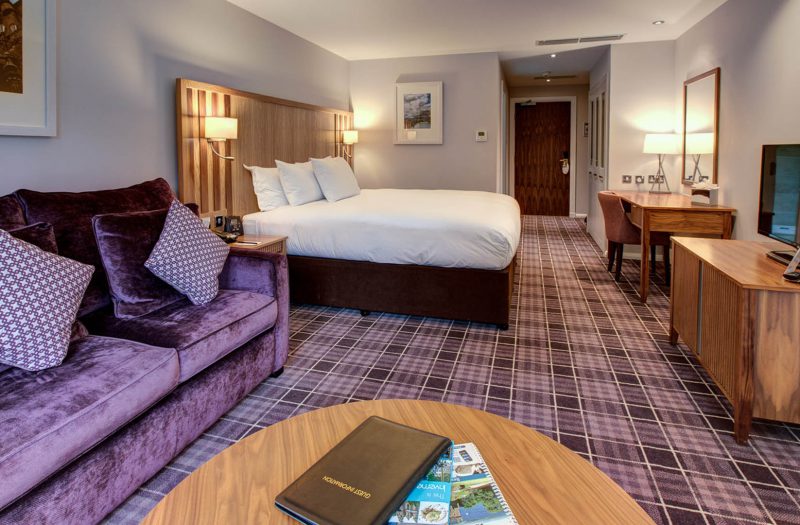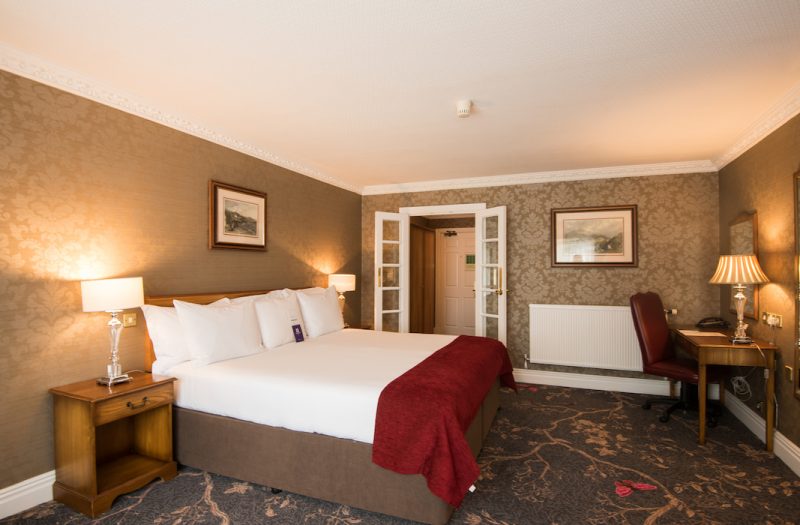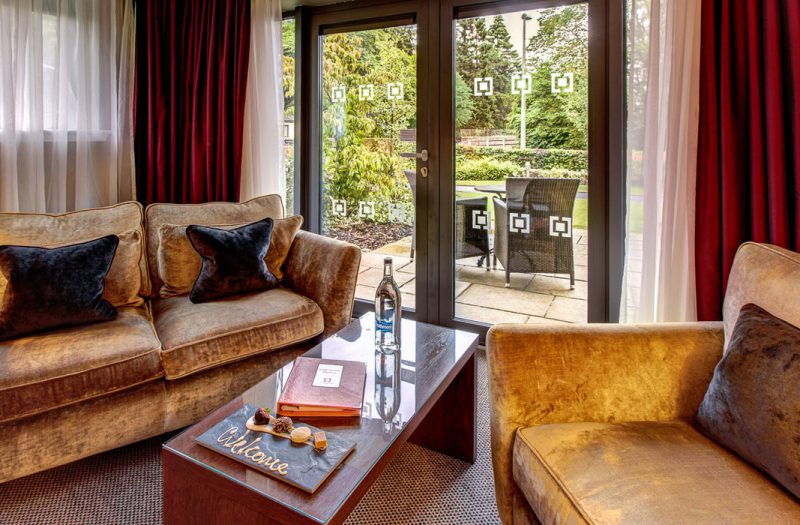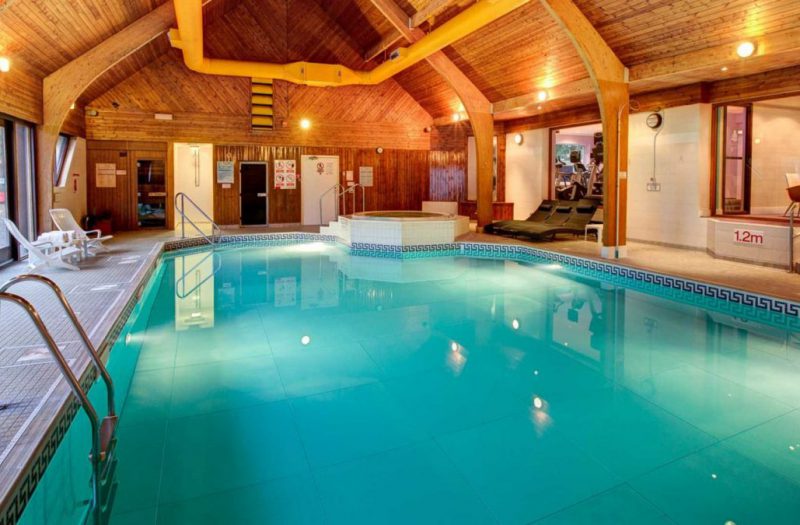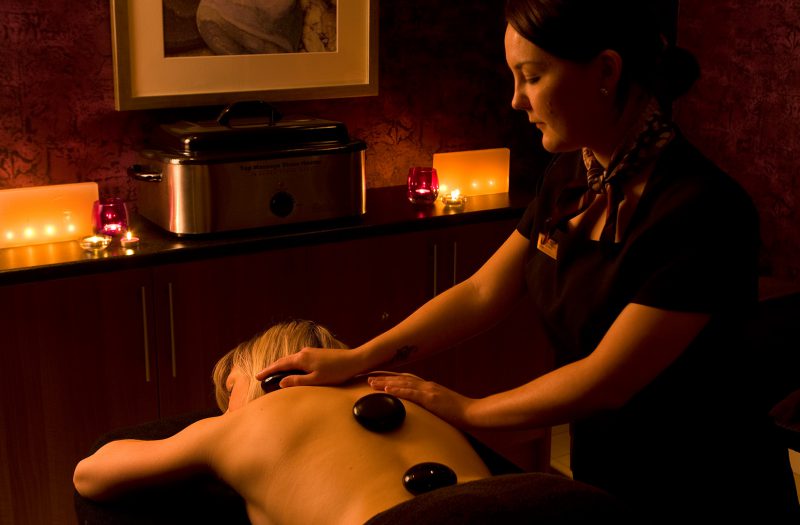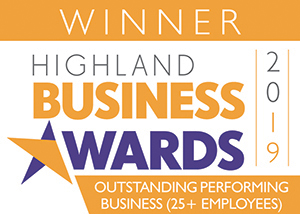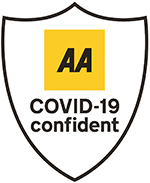Business event planning tips for success
Business Event Planning
The responsibility of planning a business event, no matter what scale, can be daunting to start with. A blank canvas waiting to be painted with an array of different stakeholders and most importantly guest satisfaction! Follow our event planning tips to stay on track.
Planning A Successful Event

Keep An Open Mind
A frequent problem found by many event planners is that a specific date or other detail they have in mind initially, may not be available. Early panic can often set in and can put you off track in the early days. But do not fear! Keep an open mind through the entire process of event planning. From initial mind-mapping to tweaking the details. This will enable you to come across some hidden treasures and find something great that you may not have considered before.
Agree on Roles ASAP
Planning a large conference or event usually involves a team of people. It is important to distribute roles as soon as possible in order to banish confusion and duplicating of tasks. Having a sturdy plan of who does what, will ensure each person is focused on their tasks and provides the highest quality results. Time will be saved and costs lowered when each person has a clear understanding of their role and how they are contributing to the overall event. However, it is extremely important to keep in mind that each individual is part of a team with the same vision and should not loose touch of this throughout the event planning process.
Plan A, Plan B, Plan C…
It is rare to come across a business event which runs perfectly. Hiccups will happen, and the only way around these is to plan profusely and maximise the resources you have. Contingency is a major part of event planning and must be considered for those unexpected turns and twists! It must be understood that nothing is perfect and the best event planners are often the ones who simply use the resources they have most efficiently. Plan, plan, plan, have a backup for everything and you should be on track for a successful event.
Advertising your Event
Last minute promotion won’t cut it, but neither will months of shoving flyers in your colleagues’ faces. Dedicate at least two to four weeks to advertising your event. When putting together invites, leaflets, social media ads and other collateral, keep your message brief and concise. People should be able to sum up your event, its purpose, its location and time in one sentence.
Approach Local Media
Pull together a simple press release and approach local media. Often newspapers and radio stations are more than willing to help their communities and will gladly plug your event. Throw in a free ticket for the journalist and you may even see some press coverage on the day!
Take Advantage of the Digital World
The internet can be a wonderful tool when planning events. Gone are the days of waiting for replies in the post, and the agony of missing invites. In the increasingly digital world, Facebook is a key ingredient in planning for success. Setting up a Facebook event can be a major help when managing the invites, and can provide the planner with an easy view of who is attending. Key details can be posted and guests kept up to date with any last minute changes, not to mention important reminders for those forgetful few!
The internet can also be a source of inspiration. Pinterest is great for unique ideas and finding bespoke suppliers, to add that special touch to your event.
Consider running some social media giveaways and competitions in conjunction with your event. By encouraging people to share online, this will help to increase awareness and reach a broader audience for free!
Create a hashtag relating to your event and encourage people to use it when talking about it online. Consistently using a hashtag will help spread awareness by others clicking through, when used in conjunction with more popular tags.
Give an incentive to attend
Don’t just rely on word of mouth! Offer a free glass of wine, a raffle or another incentive like a goody bag to encourage people to attend. Everybody loves a freebie – look to see if you can partner up with local companies to procure samples to hand out at your events.
Keeping the Event Lively and Engaging

Panel Discussions
Since two heads are better than one and three heads are better than two, avoid lecture-style learning by creating a panel at your next business conference. Select three to five experts or team members to be your panel. Then pose questions to the panel, and give each person a chance to respond. Not only are panel discussions a great way to avoid lecture learning, they allow attendees to get multiple, well-rounded answers to any question asked.
Rapid Fire Learning
This is a sure-fire way to ensure your next business event doesn’t have a dull moment. Get multiple speakers from different disciplines to present in the same session under strict guidelines. For example, give 5 speakers 10 minutes to present their ideas in no more than 10 PowerPoint slides. The fast-paced learning session will keep conference attendees on their toes through the fast change of topics and ideas in such a short space of time.
Cosy Breakaways
Make sure to use breakaway areas that will keep attendees engaged in a comfortable surrounding. Things like coffee and charging stations, or conversation prompters in hallways and staging zones will help keep attendees on-site between sessions, instead of running to their cars or hotel rooms.
Eliminate Down Time
Attendees are hungry for information. So feed them well – even between sessions. Incorporate multiple channels of communication like LCD monitors that stream conference updates. This information can be streamed on a website or social media platforms to keep the conversation going.
After The Event
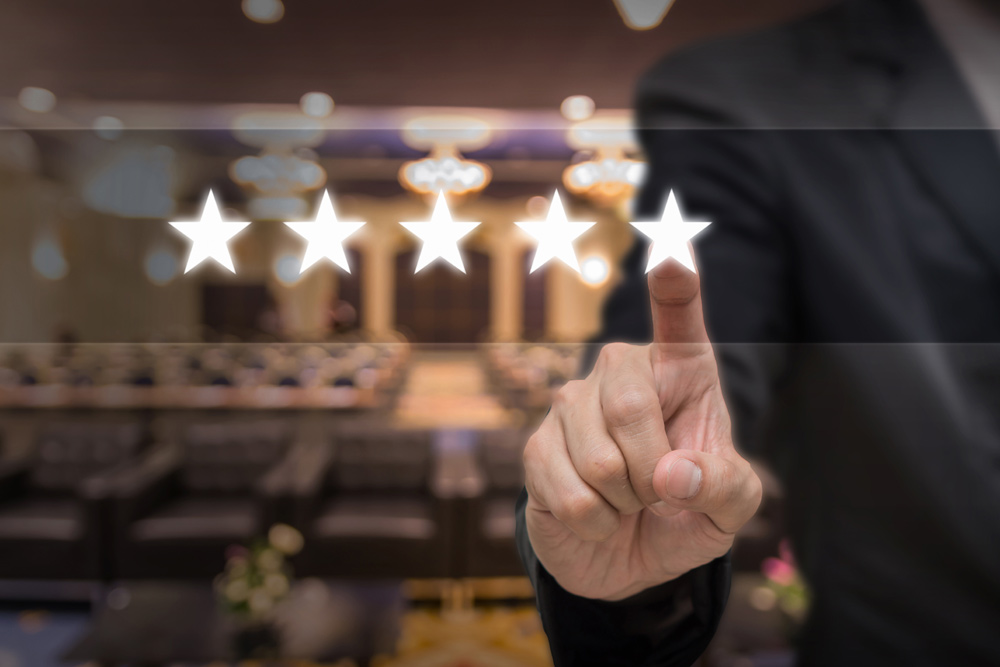
Post Event Activities
Keep attendees from retiring to their hotel rooms by keeping them engaged after the conference. Arrange a variety of post-conference entertainment. Whisky tasting, sightseeing or golf are all great ways to build relationships and cement new partnerships long after the conference is over.
Collect Feedback
The event is finally over, and all of your hard work is coming to a close. Don’t put down your pen just yet! Post event communications with guests are a great opportunity to gain some feedback. Talking to people who attended the event and understanding what they enjoyed about it can be a great way to understand your teams strengths and weaknesses. Take these comments on board and you are on your way to your next successful event!
Event Planning Tips for Success
Keep these event planning tips in mind when planning your next event and you will be on the road to success. Still seeking that ideal venue? Get in touch with our events team to find out more about our state of the art conference suites and venues here in Inverness, Scotland.

 Car Charging
Car Charging